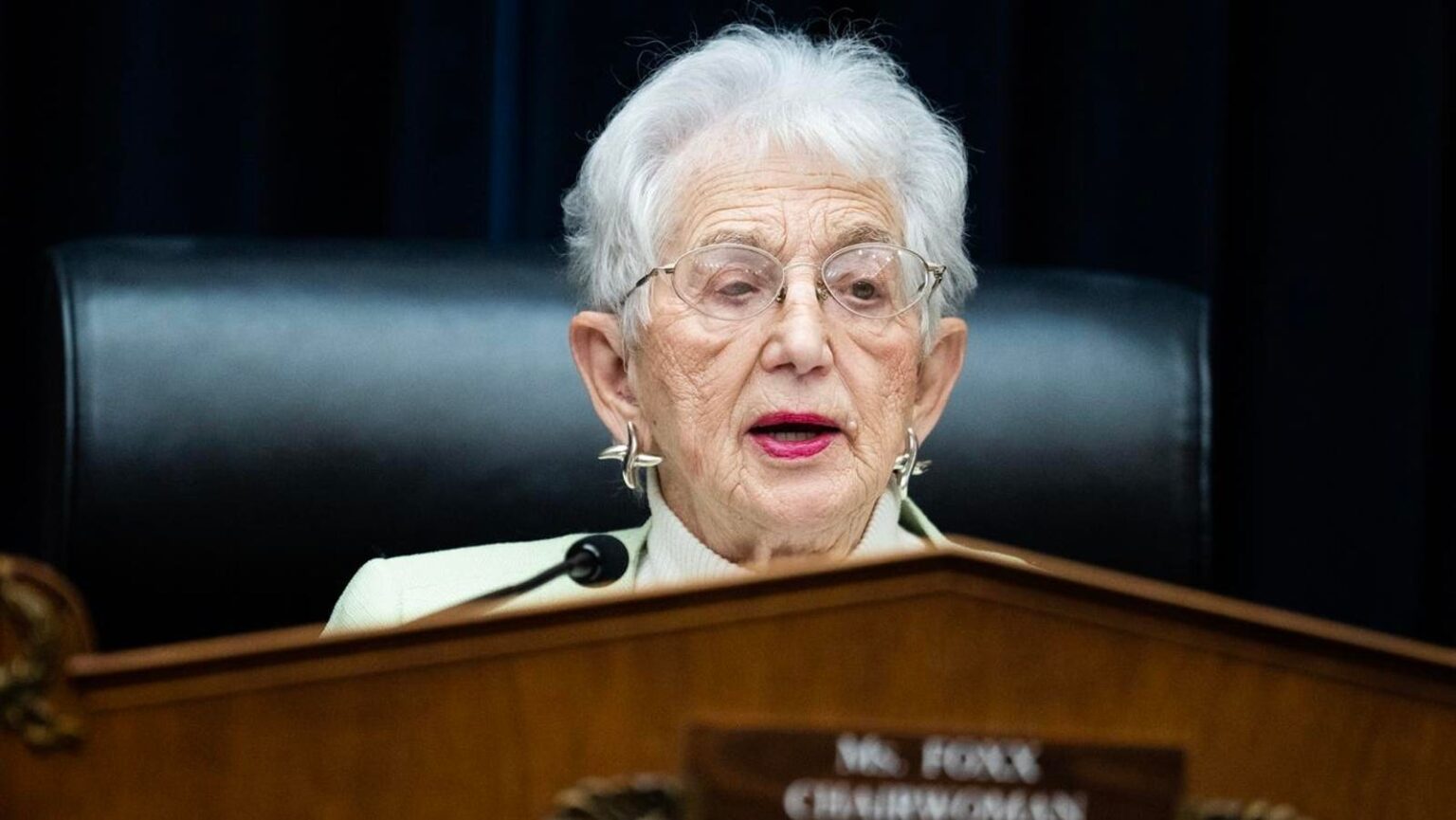In April 2024, a significant shift in student loan policies is on the horizon, led by Chairwoman Rep. Virginia Foxx (R-N.C.), who presides over the House Education and the Workforce Committee. Amid growing pressure and with the Republicans poised to control both Congress and the White House in January, discussions are gearing towards reforming student loan forgiveness, particularly through income-driven repayment (IDR) plans. Foxx’s proposed College Cost Reduction Act aims to eliminate the existing time-based student loan forgiveness programs tied to IDR plans, opening the door for potential inclusion in an upcoming reconciliation bill. Such moves would facilitate the Republican agenda by allowing changes that primarily target loan forgiveness mechanisms without needing the traditional supermajority typically required in the Senate.
The main focus of the College Cost Reduction Act is the overhaul of IDR plans for new borrowers. Currently, IDR plans are established to offer forgiveness after 20 or 25 years of consistent payments, which take into account a borrower’s income and family size. However, under the proposed changes, new borrowers would not only lose time-based forgiveness but would also find their repayment options restricted. The new framework would introduce only two repayment options: a Standard plan and a new IDR plan called the “Repayment Assistance Plan.” This would still consider income, but its terms would ensure that borrowers only achieve forgiveness after repaying their full balance as determined under standard repayment, leaving many potential borrowers at risk of lifelong indebtedness.
Despite efforts to reform the IDR plans for new borrowers, current borrowers also face significant uncertainties. The legal situation concerning President Biden’s SAVE plan, which has temporarily paused due to a ruling by the 8th Circuit Court of Appeals, poses a serious threat to ongoing adjustments in student loan forgiveness policies. Specifically, if the appeals court decides against the validity of the SAVE plan, it could have ripple effects on other IDR plans established through similar regulatory processes. Consequently, millions of borrowers could find their potential for forgiveness under these plans at risk, especially since the appeals court ruling could lead to an absence of remediation for IDR or long-term forgiveness measures.
In addition to the proposed changes in IDR student loan forgiveness, several other noteworthy provisions are included in Foxx’s College Cost Reduction Act. These include the abolition of the Parent PLUS and Graduate PLUS loan programs, which some advocates support due to high-interest rates associated with these loans. However, critics fear that this move could escalate reliance on riskier private student loans, failing to offer the same protections and forgiveness options available under federal loans. Additional measures proposed to assist borrowers involve reinstating good standing for those in default and introducing interest subsidies for those on the new IDR plan, where payments might not cover interest accrual.
The proposed act also seeks to repeal many of President Biden’s student loan regulations, including the controversial “gainful employment” standards, which monitor institutions based on the employment outcomes of their graduates. Furthermore, the act would restrict the ability of future administrations to draft new proposals aimed at expanding loan forgiveness initiatives. These changes reflect a broader Republican strategy focused on limiting federal involvement in student loan forgiveness, with an emphasis on shifting cost responsibilities away from the government and potential tax implications for taxpayers who did not take out such loans.
As lawmakers continue discussions, the ultimate fate and inclusion of these provisions in the forthcoming budget reconciliation bill remain uncertain. While there is widespread recognition among Republicans of the need to align student loan policies with fiscal conservatism, the potential ramifications of such sweeping reforms could significantly impact millions of borrowers. Ultimately, as Republicans see this as an opportunity to reshape the student loan landscape and redefine forgiveness methods initiated in prior administrations, borrowers will be left anxiously awaiting further details and potential outcomes in the coming weeks.

